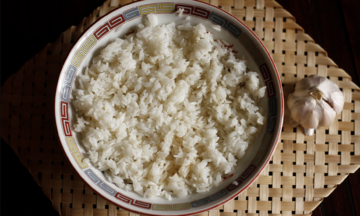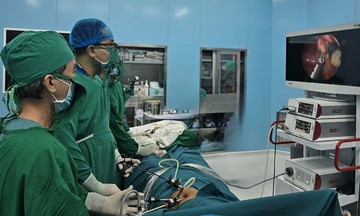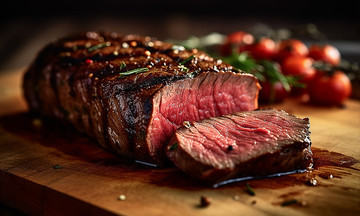 |
Processed meat
These meats are smoked, salted, cured, and processed at high temperatures, potentially producing harmful substances like nitrates and nitrites. These substances convert into nitrosamines, increasing the risk of colon and stomach cancer and promoting inflammation.
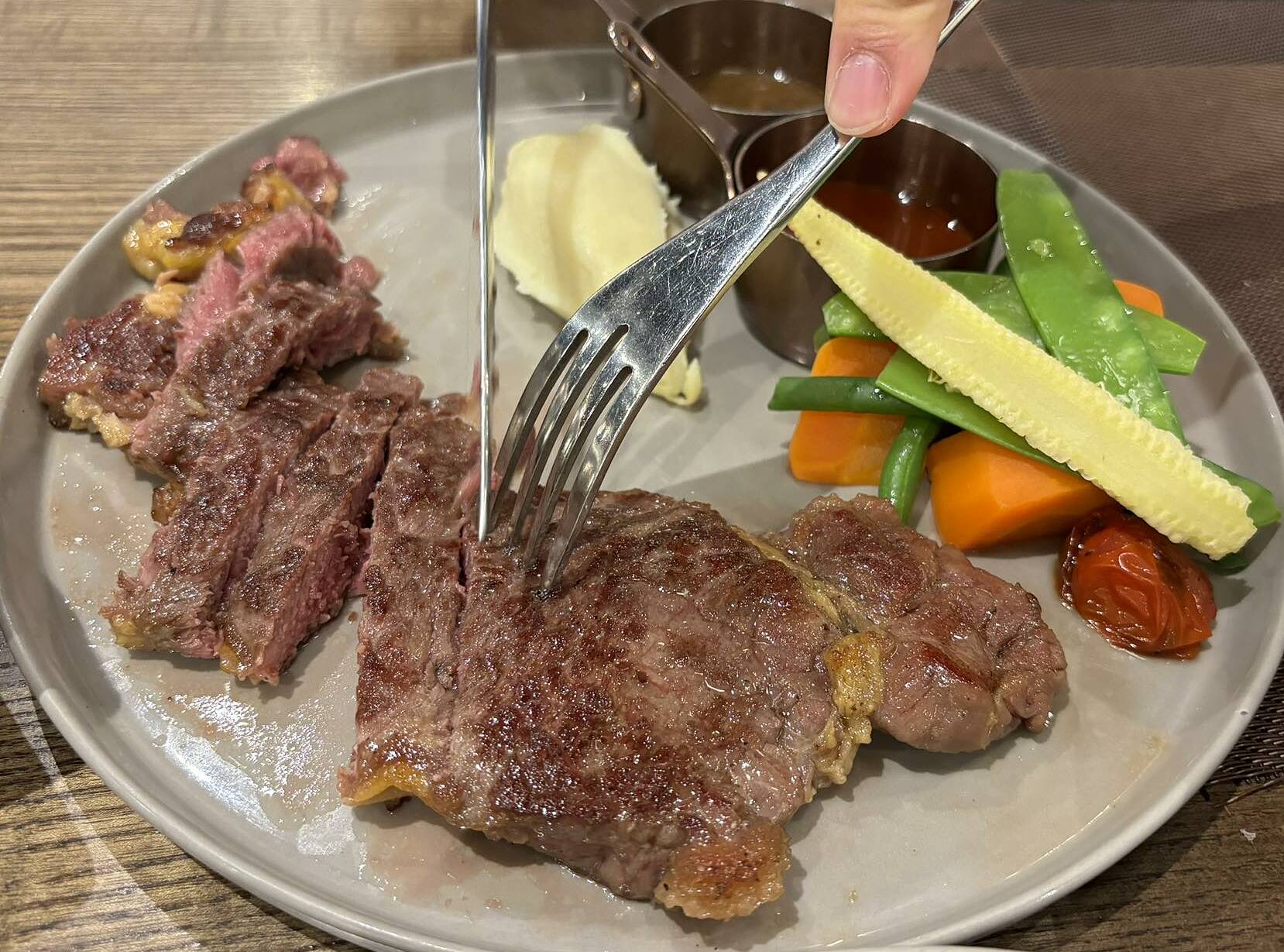 |
Limit red meat
Goat, beef, and lamb are rich in protein and iron, which help reduce the risk of anemia. However, excessive consumption can harm the colon because these meats contain compounds that can increase inflammation and promote cancer cell formation, especially when cooked at high temperatures. Adults should limit their red meat intake to under 450 g per week.
 |
Sweets
Sugar can stimulate cancer cell growth and worsen the disease. Eating too much sugar can lead to bloating, gas, diarrhea, and negatively impact digestive function and the rectal lining. Sweets and candies contribute to fat accumulation and rapid weight gain, which are detrimental to cancer patients' health.
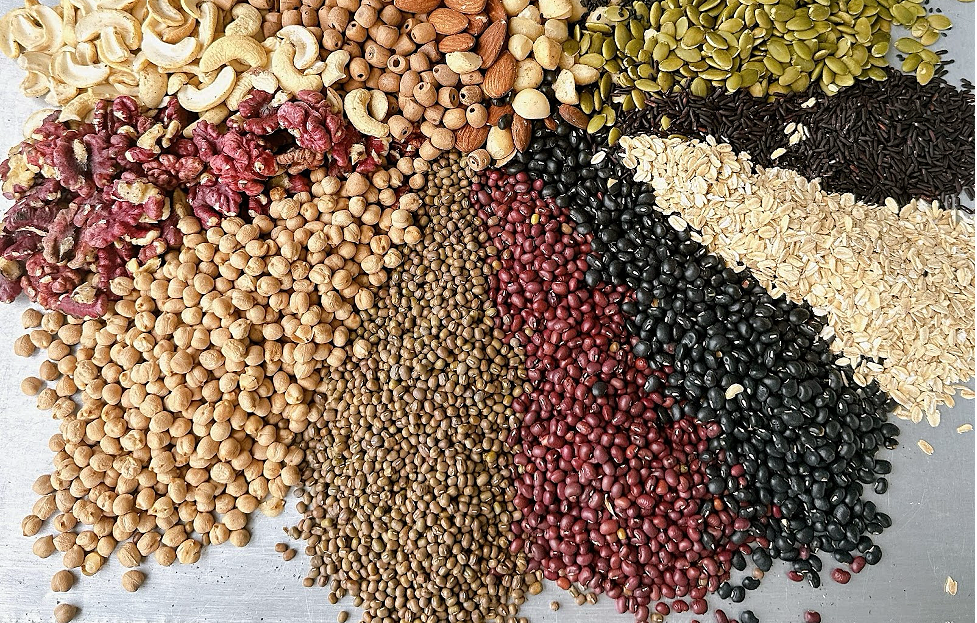 |
Beans
Soybeans, peas, and lentils provide fiber, protein, and vitamins B and E. They are also rich in antioxidants like flavonoids, which can prevent tumor growth, protect the intestinal lining, and combat inflammation that can promote cancer. Beans can be incorporated into various dishes, but they should be prepared with minimal seasoning, limiting sugar and salt.
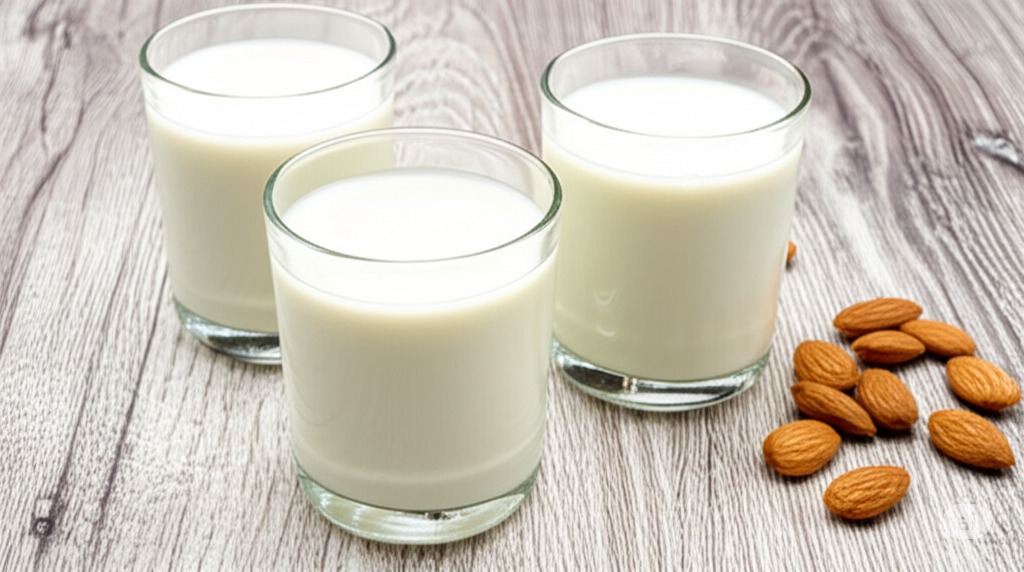 |
Milk
Milk and dairy products are rich in calcium and vitamin D, contributing to a reduced risk of tumor progression. Colorectal cancer patients should drink milk for energy and protein to boost immunity and aid recovery during cancer treatment. Patients experiencing loss of appetite or fatigue due to treatment side effects can consume milk or dairy products like yogurt to strengthen beneficial bacteria in the digestive system.
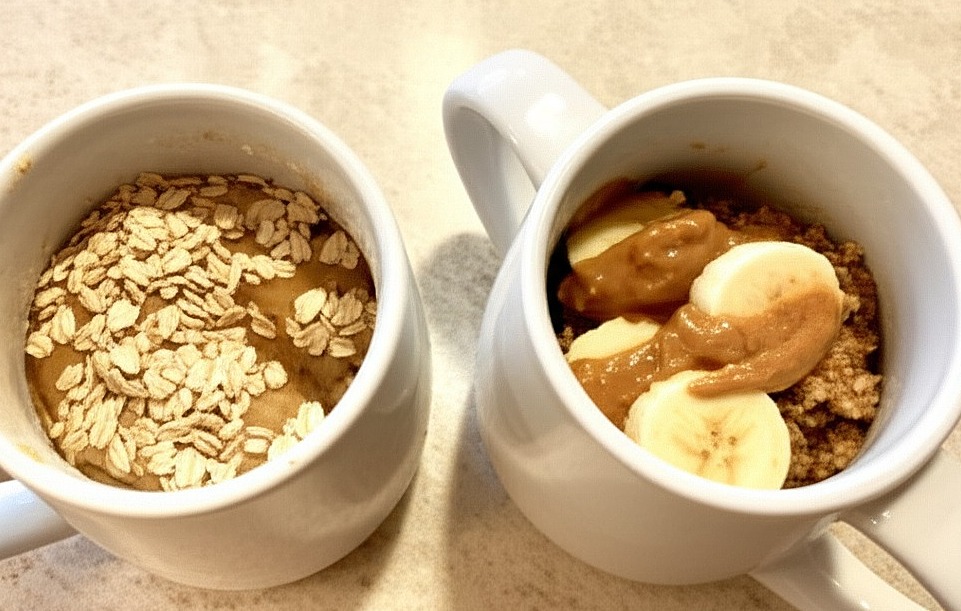 |
Whole grains
Whole grains like oats, whole-wheat bread, and brown rice contain the endosperm, germ, and bran, and are rich in nutrients, magnesium, and fiber. Cancer patients should regularly consume them to promote stable bowel movements, making it easier for stool to pass. Patients can eat around 90 g of whole grains daily, prioritizing minimally seasoned preparations.
Anh Chi (According to WebMD, Livestrong)
Photo: Anh Chi, AI.




